NA QITO VAKAVITI (TRADITIONAL FIJIAN GAMES)
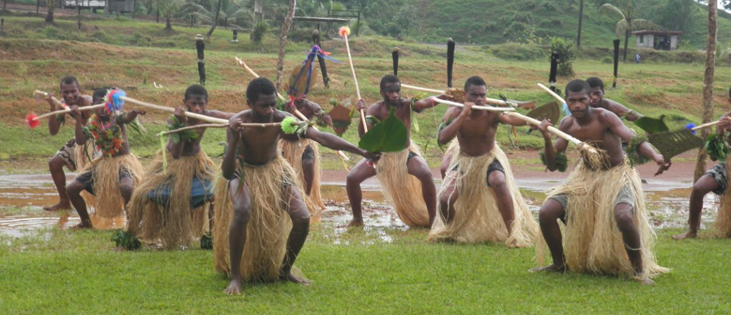
Fijians are fun-loving people. Even though Fiji was known around the world in the late 1700s and early 1800s as the ‘Cannibal Islands’, during peaceful times, games were played by children, young adults and even older ones. It was a time of joy that brought unity and prosperity to the land. When theVanua (referring to both land and people here) was peaceful and prospering, fruits of labour from every corner of Fiji is shared by everyone and this included bountiful land and marine resources.
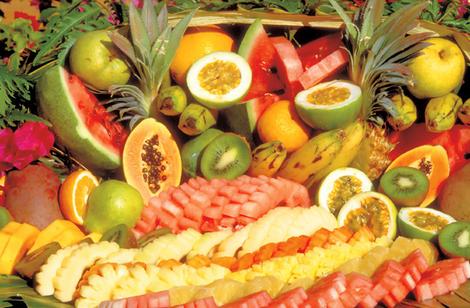
With the diversity of Fiji’s archipelago, one will find Fijians living on the outer islands such as the Provinces of Lau (Eastern Fiji), Kadavu (Southern Fiji), and Lomaiviti (Central Fiji) for instance (see map). Others live on the main islands of Viti Levu and Vanua Levu, the 2 largest islands. This meant that some tribes are located in the mountains accessinglong meandering rivers from the provinces of Navosa, Ba, Ra, Naitasiri and Namosi.
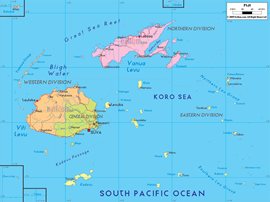
Games and relevant tools would vary from place to place as theywould utilize natural resources that were in abundance in those areas. For example, the use of bitu (bamboos), dilo (a type of hard-wood) and vesi(iron wood or instia bijuga) are plentiful on this larger islands hence, manymoto (spears), iwau (clubs) and other raw materials would comprise of these natural materials. Games that require ropes would mean that those in the highlands would use natural forest vines such as walai (type of vine) that are plentiful there while those on the outer islands would use magimagi(coconut sinnet).
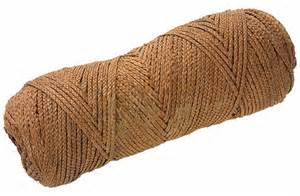
Apart from these regional differences, there are some games that were played across Fiji. Unfortunately, many of these games are not played in Fiji today due to the impact of westernization and modernization. More importantly was the introduction of modern games such as rugby, soccer, netball and cricket, that has changed the scene of traditional sports. Modern sports are more competitive and targets a different audience. Rugby in particular became a popular game in Fiji after it was introduced by British colonial leaders that were ruling Fiji since Fiji’s Deed of Cession in 1874.
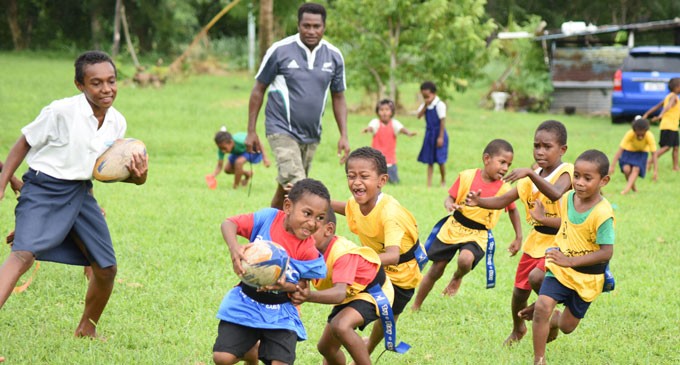
Some of the traditional games that can be described and recalled through oral traditions are noted here below.
Veibo (Wrestling): This was a fun game to watch as both players (mainlymales) try hard to win. This would bring the house down as supporters from both sides shouted words of encouragement to both participants to outdo each other. There was also a hand wrestling component called ‘Ai bo.’
Veidre Dali (Tug of War): Natural vines such as walai (creeping vines) or long strings of magimagi (coconut sinnet, pictured), woven tightly together were used for this game. This was also an entertaining game as it involved both genders and groups of people.
Veicaqe Moli (Orange Soccer): The fruit of an orange, similar to grapefruit-was used as a ball for kicking. Usually there were two sets of teams and the aim was to kick the orange to the goal post of the opposing team. The team that kicks in the orange and tally the most points wins.
Out of all these games, the one that took the most seriousness and demanded a lot of attention from spectators was the Vaqiqi Moli (Rolling of the Orange). This game was often organised by elders of the village to marry off bachelors and spinsters. A date was normally set by the Turaga ni Vanua (Chief) with assistance of his advisers and everyone looked forward to attending this event. Single men and women stood side by side in astraight line facing each other. The men were expected to roll the orange to the opposing spinster side and whoever picked up the orange became their spouse for life.
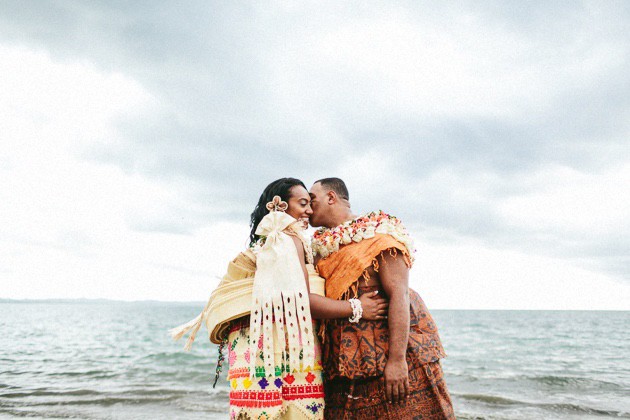
In the 1980s and 1990s, Fijian schools in Fiji have done re-enactments of these games during the celebration of ‘Ratu Sukuna Day.’ Ratu Josefa Vanayaliyali Sukuna was one of Fiji’s prominent leaders who worked during the colonial days to set up the Native Land Commission (NLC), whichbecame the government establishment of iTaukei Land and Geneaology Records. A commemoration day was celebrated by Fijian schools around the country to celebrate his life. Many schools used this day to perform traditional meke (dances), as well as re-enactment of traditional games.
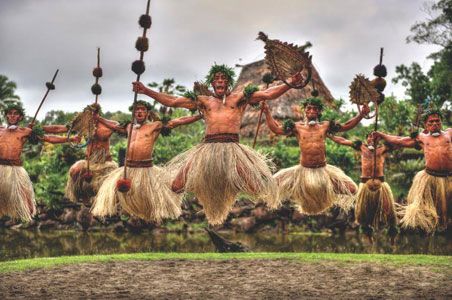
Since this day is no longer commemorated, there is less likely for traditional games and dances to be celebrated by young Fijians in schools today. Fortunately, I am a product of such celebrations and my participation at Nabua Primary & Secondary School deepened my interest to learn more about my Fijian culture.
Our Fijian culture is rich with stories of heroes and heroines that comprises of mischief, fun and laughter. They also contain stories that show-cased their speed, agility, versatility and strength. Some of these traits can still be seen by Fijian sportsmen and sportswomen of today. The best evidence of this was when Fiji won a Gold Medal at the Olympics in Rio this year. While we, as a nation, continue to celebrate Fiji’s historic win, I hope that this article will remind us of the value oftraditional games to the lives of our ancestors. As a Fijian cultural advocate, I believe that my role is to help keeping these indigenous stories alive for our future generation!
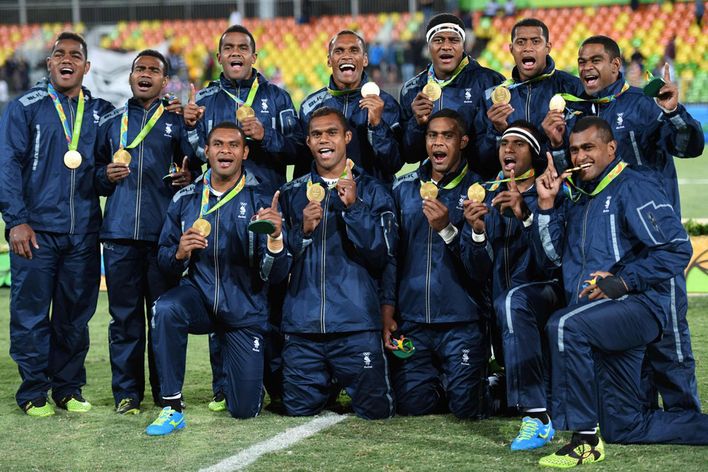
By Tarisi Vunidilo
Suggested Links:
